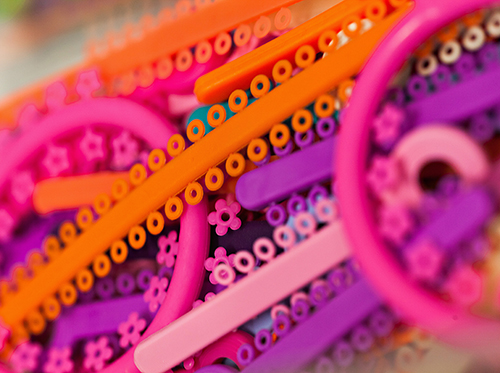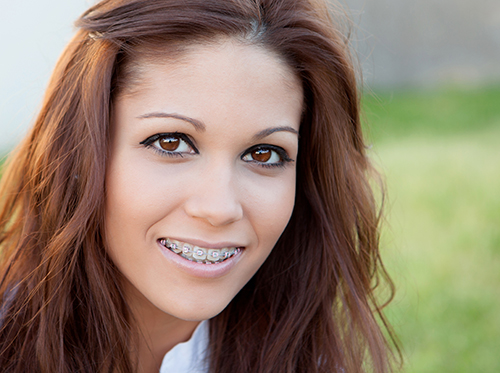Color Combinations of Elastics for the Holidays
April 7th, 2017

There's something special about customizing the elastics on your braces to fit your unique personality. Once you embrace your braces (no pun intended) you'll realize how many color options and combinations there are to choose from. Although you'll have a fantastic smile afterward, you won't have this level of customizability once your braces come off, that's for sure!
Adding flair to your braces isn't what all patients are looking to do (like those opting for clear aligners or ceramic braces), but it's part of the fun of traditional metal braces! Many of our patients ask Dr. Brent Nickolaychuk to have their elastics match the colors of their favorite sports teams or their school, but how about changing your elastics to match holiday colors?
Here are some options to consider:
- Valentine’s Day – Red and pink
- Easter – Pink, blue, and violet
- Halloween – Orange and black
- Christmas – Red, green, and white
- Saint Patrick’s Day – Green and white
There are a few colors that some people choose to avoid. But if you’re trying to make your teeth stand out in a crowd, the following suggestions need not apply!
- Brown or Green – can be mistaken for food being stuck in your teeth
- Black – might look like a rotten tooth if someone isn't looking hard enough
- White – Some patients think it will make their teeth look whiter, but in fact it can make your teeth appear yellower than they actually are. White elastics can also stain easily.
- Yellow – accentuates the yellowness of your enamel
Since changing the color of your elastics has no effect on the actual orthodontic treatment process, the idea is to have fun and add a personal touch. So, next time you get your elastics changed at our Winnipeg or Selkirk, MB office, why not wear your braces boldly and opt for something festive?



